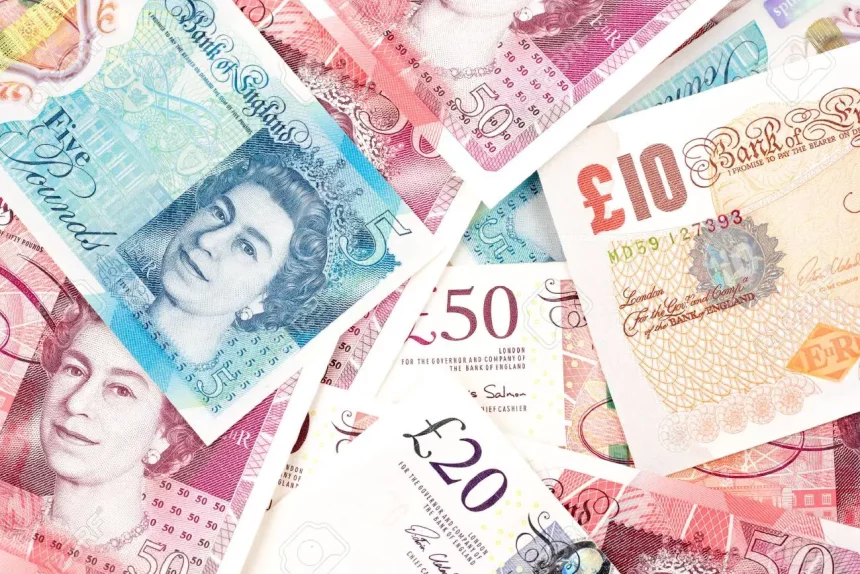Pound is falling on rising anticipation that the Bank of England would Decrease interest rates later this year.
The Pound Sterling (GBP) remained fragile against the US dollar in Friday’s London session, as market Sentiment is Pessimistic. The GBPUSD pair is struggling to find support as rising Predictions that the Bank of England (BoE) would lower interest rates this year overshadow February Retail Sales data, which substantially exceeded market forecasts.
UK Retail Sales statistics for February came in better than projected, indicating minimal spending impetus among families.
The United Kingdom’s Office for National Statistics (ONS) revealed that Monthly retail sales remained constant after rising by a remarkable 3.6% in January, which was revised up from 3.4%. Investors expected sales to fall by 0.3%. Sales fell 0.5% year on year, compared to projections of a 0.7% fall.
Retail Sales figures reflect the present state of consumer spending, which accounts for a significant portion of the economy. Retail sales were slightly higher than projected, but not enough to counterbalance the risk-aversion theme in the global market.
A slower decrease in retail sales appears insufficient to offset the impact of increasing expectations for the Bank of England (BoE) to cut interest rates in August. However, higher wage growth will continue to concern BoE policymakers. As they seek to reduce inflation to the 2% target.
Daily Market movers: Pound Sterling falls as US Dollar rises.
The pound sterling retreated to a monthly low of 1.2580 as market sentiment remained negative and the US dollar strengthened. The US Dollar Index (DXY), which measures the US dollar’s value against six major currencies, rises to a new two-week high of roughly 104.20.
The US Dollar’s near-term demand strengthens as inflation in the US economy remains sticky and the Federal Reserve (Fed) raises its Gross Domestic Product (GDP) projections to 2.1% in 2024. In other wealthy economies, however, inflation is decelerating quicker, raising the possibility of a recession.
BoE Mann’s support for keeping interest rates unchanged in March enhanced BoE rate cutting prospects.
On the On the domestic front, the Pound Sterling fell as the Bank of England held interest rates at 5.25% for the fifth time in a row on Thursday. Investors believe the BoE is gradually turning dovish, as two officials, Catherine Mann and Jonathan Haskel, who supported raising interest rates further at the February meeting, voted to maintain rates steady.
Eight out of nine policymakers decided to keep interest rates constant, with the exception of Swati Dhingra, who advocated a rate drop. This was the first occasion since September 2021 that no MPC member voted in favor of raising interest rates.
In the monetary policy statement, the BoE stated that inflation is going in the correct direction, but it is not at a level where interest rates can be lowered. Expectations for the BoE to lower interest rates in August increased after Governor Andrew Bailey stated: “I think it’s reasonable that markets are ‘taking the view’ of two or three cuts this year, but I won’t comment on timing.”
Regarding the economic forecast, BoE Bailey stated that the economy is returning to growth after experiencing a technical recession in the second half of 2023.









